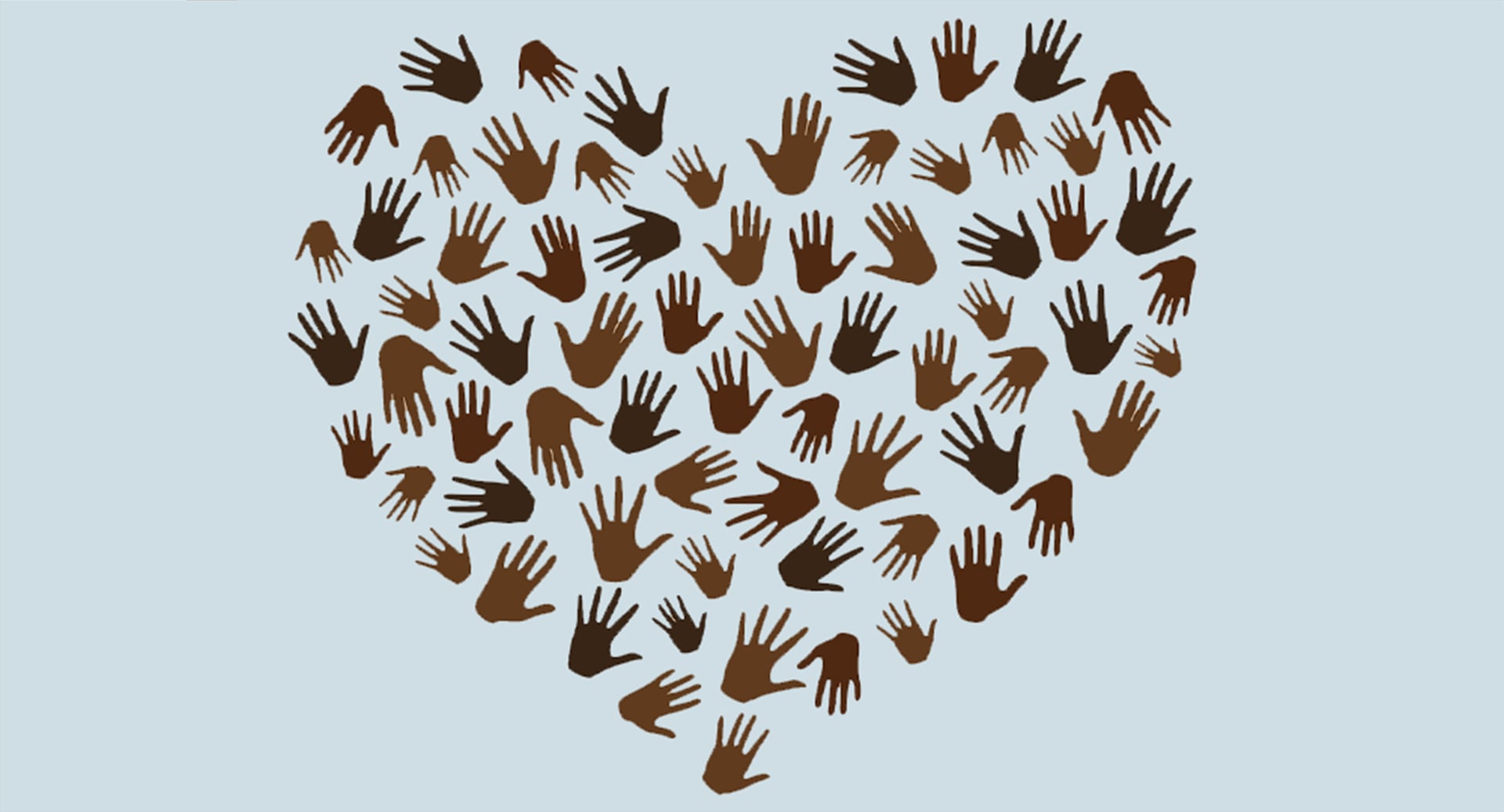Q&A
Culturally Competent Mental Health Services for Aboriginal People

Find out about Tracy Westerman’s ground-breaking work in mental health, cultural competency and suicide prevention in Indigenous communities.
Q
Differentiating between self harm and sorry cuts in young people is a challenge and how best to approach this.
Aimage
CB abstract
Q
Are there key risk factors for suicide in indigenous communities and do these differ from the general population?
A pdf
pdf
 pdf
pdfWhole of Community Suicide Prevention
Q
Is there a standardised mental health symptom inventory that has been validated with adult Aboriginal populations?
A
Q
How does depression look/present in indigenous communities? Is there a reliable measure to assess this?
A
Q
Are there some guiding principles that white therapists can follow to create safety for Aboriginal clients?
Aimage  pdf
pdf
CB abstract
 pdf
pdfEngaging Australian Aboriginal Youth in Mental Health Services 2010
Q
Can you talk about the link between racism and the mental health of Aboriginal people in Australia?
A
Q
Can you explain cultural related mental illness?
Aimage
CB abstract
Q
Is there a specific therapeutic approach that you prefer to use with Aboriginal clients? Esp for distress tolerance. Does CBT need to be adapted?
A pdf
pdf
 pdf
pdfEngaging Australian Aboriginal Youth in Mental Health Services 2010
Q
As a non indigenous psychologist, what can I do to be culturally sensitive and support Aboriginal people? Should I aim to refer to Indigenous psychologists where possible?
A
You may also like